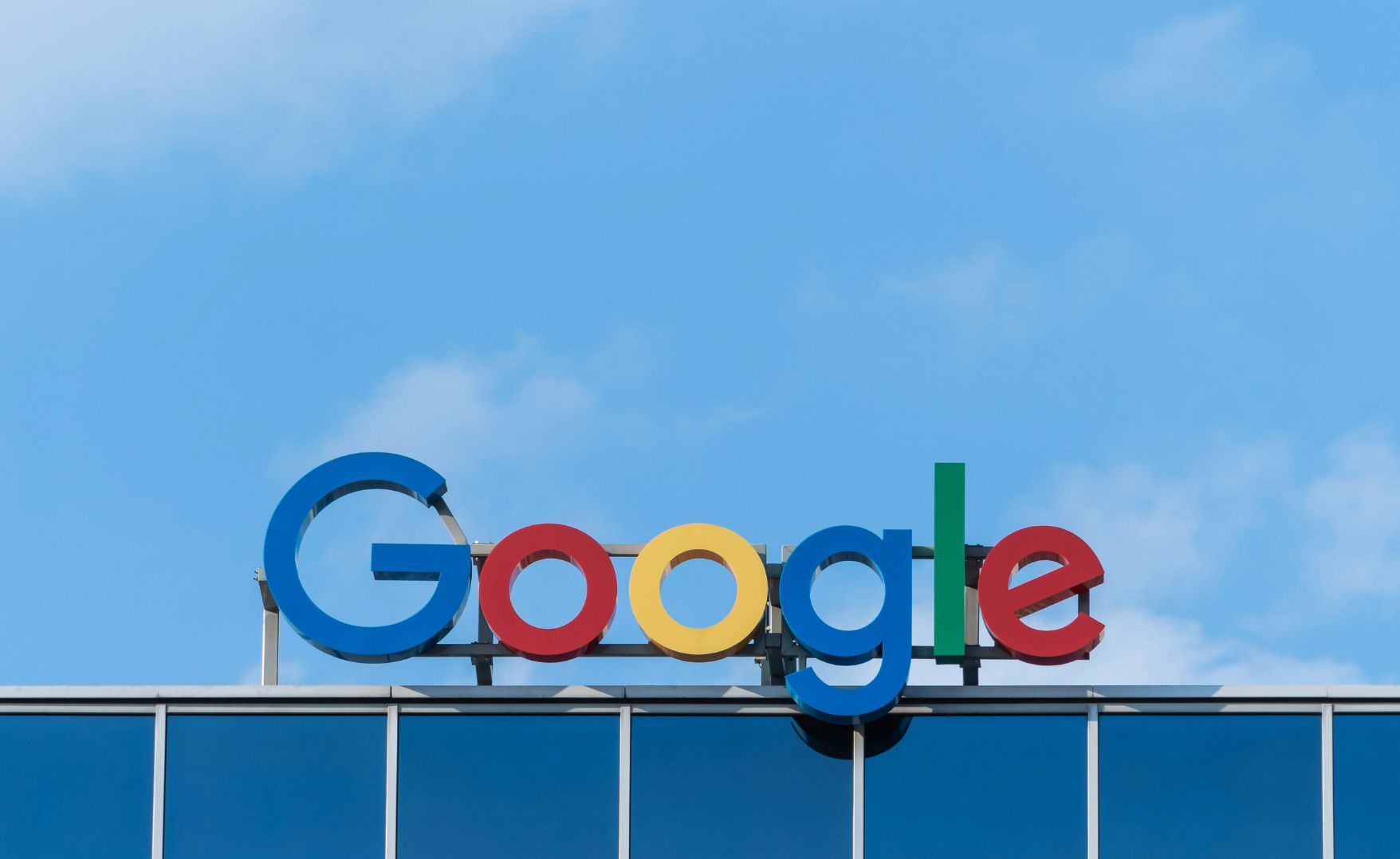The future of content hinges on personalization and therefore the future of advertising must follow this as well. Just look at how precise social media algorithms are now and you’ll see the desire for more personalization.
Though “personalization” as a buzzword may have caused some trepidation in the past, and still does with concerns to online privacy, most consumers now want some element of personalization in their ad experiences.
Personalization has a strong impact on organizational performance as well with Mckinsey reporting that “personalization drives performance and better customer outcomes. Companies that grow faster drive 40 percent more of their revenue from personalization than their slower-growing counterparts.”
Ad giants like Google have read the writing on the wall and released a new program called Discovery Ads, which works to create personalized ads for consumers by analyzing many different data markers like browsing habits, location, video content, etc.
This kind of technology is greatly beneficial for both consumers and marketers alike. Consumers get served ads of greater relevance to them and brands get connected with the consumers who would be most interested in their offerings.
Personalization creates a sense of understanding for consumers. They want to feel like their favourite brands get them and understand their needs and wants. It’s also about convenience though.
Today’s consumer is busy and personalized ads help streamline the online shopping experience. Instead of browsing websites, consumers get products suggested to them. Brands benefit too though with “product recommendations account[ing] for up to 31% of e-commerce site revenues, according to data from e-commerce personalization company Barilliance.”
We’ve all witnessed the personalization process, likely while scrolling through Facebook or Instagram and seeing ads of products that are exactly what you’re looking for. However, if you were to scroll through your friend’s accounts on their device, the ads you see would likely be completely different.
That’s a result of personalization. It’s not just beneficial for consumer goods companies though, news and media sites can benefit by using personalizing content suggestions to keep readers engaged and on the site.
While the majority of consumers are receptive to personalization with “ 90% claim[ing] they find personalization appealing” there will be those who are more apprehensive and have concerns relating to privacy. Some will feel uneasy about companies using their personal data to market products to them. As such, it’s important for brands to be transparent with their customers about how they use the their data and emphasize the many benefits to consumers.
Advertisers need to be not only thinking of how they will reach their audience but understand deeply who they are and what their overall experience is every time they come in contact with your brand.



